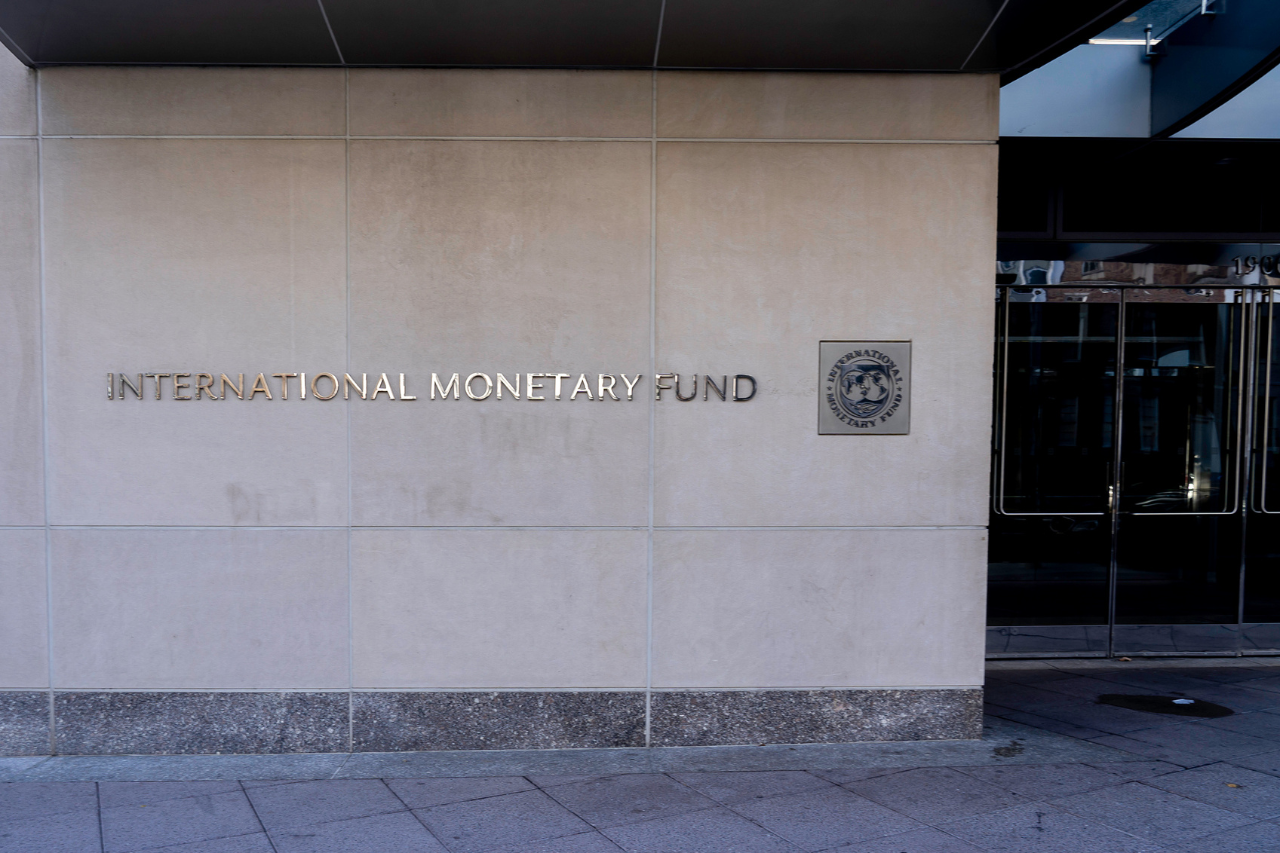An International Monetary Fund (IMF) technical mission finished its visit to Buenos Aires on Friday amid doubts about Argentina’s capability to reach its international reserves accumulation target.
An IMF source told the Herald that talks between mission chief Bikas Joshi and Argentine authorities “continue to be constructive.”
In April, the Argentine government signed a US$20 billion Extended Fund Facility (EFF) arrangement with the IMF. The program’s first review was this month, with an anticipated subsequent disbursement of US$2 billion.
Reserves under the microscope
So far, numbers indicate that the government has met goals such as the primary balance, as well as caps to the Central Bank’s financing of the national administration and the stock of domestic arrears. Argentina, however, is failing in one essential area: reserve accumulation. The government has decided not to buy U.S. dollars when the exchange rate is over the currency band’s floor (AR$1,000), even though it is authorized to do so.
Economic analysts told the Herald that buying reserves in the market would increase the exchange rate and, therefore, push prices up. Based on the government’s actions up to this point, experts agree that their only goal seems to be containing inflation.
In the EFF document, the Fund said that the country’s reserve coverage remained “highly inadequate.”
In the period examined by the first review — April to June 13 — market sources estimate the country accumulated US$4 billion less than what it had committed to do in the EFF. The Fund could grant the country a waiver, as it has done in the past.
Daniel Marx, former Argentine Finance Secretary between 1999 and 2001, told Reuters that the next disbursement would not likely be automatic, as it would require a waiver. “It was thought that the Central Bank was going to intervene [in the exchange market] by accumulating reserves,” he said. “This did not happen, at least not until now. I guess they will explain how they plan to face the coming months, namely between now and the end of the year.”
According to a report by the Ecolatina consulting firm, gross reserves ended the week at US$41.5 billion. Net reserves, discounting Treasury bonds, BOPREAL, and IMF deposits, are close to US$660 million.
Finance Secretary Pablo Quirno said in a post on X that buying U.S. dollars in the foreign exchange market is not the only way to accumulate reserves. He claimed that the administration can also get them via debt instruments such as repos and Bonte bonds, as well as by selling the country’s assets. He added the administration had already “bought” US$4 billion in the last month “without affecting the foreign exchange market.”
Some analysts say that taking debt is not the same as buying U.S. dollars. Former president Cristina Fernández de Kirchner said that Economy Minister Luis Caputo’s strategy consists of “renting dollars.”
On Thursday, Central Bank Vice President Vladimir Werning denied the country is suffering a reserve scarcity crisis. “We do not lack reserves; we have reserves to spare,” he said at an event organized by the International Finance Institute (IIF).
